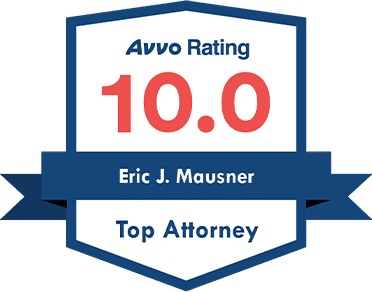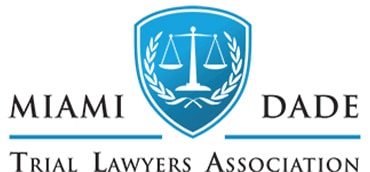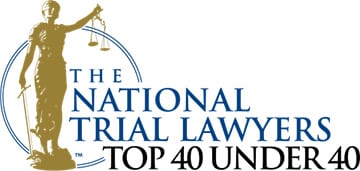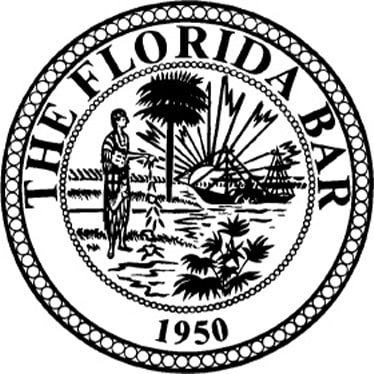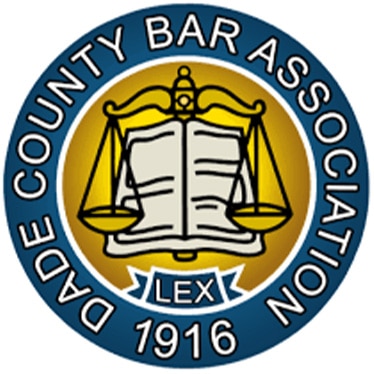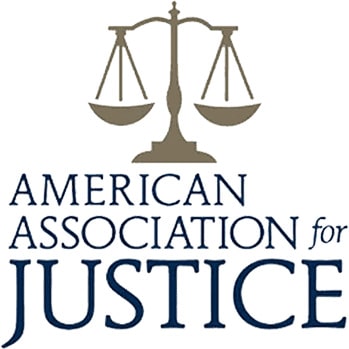Miami Human Trafficking Lawyer
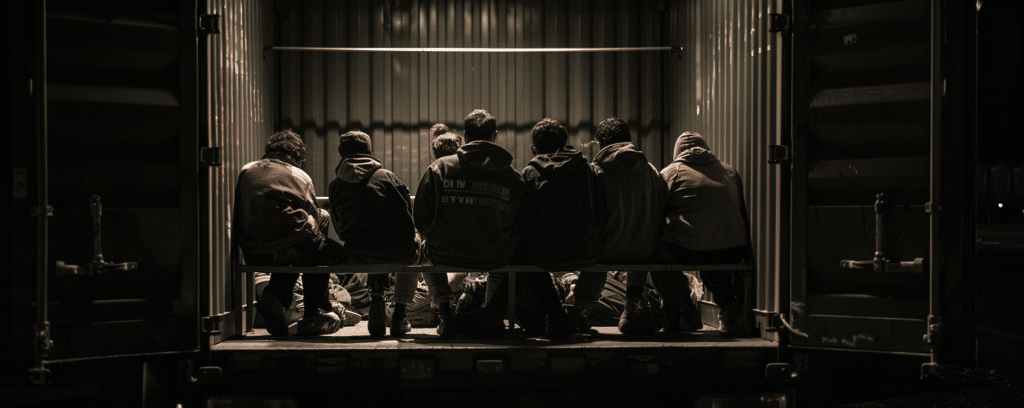
Miami Human Trafficking Lawyer | Expert Legal Defense
Key Takeaways
- Hiring an expert Miami human trafficking lawyer is crucial to navigating the complex legal challenges and severe consequences of human trafficking accusations.
- Florida’s stringent human trafficking laws impose harsh penalties, including lengthy prison sentences and significant fines, especially in cases involving minors.
- Victim advocacy plays an essential role in supporting survivors through legal challenges, offering services that empower them to rebuild their lives and seek justice.
Get Your Free Case Review
Expert Miami Human Trafficking Lawyer
Human trafficking charges can lead to lifelong repercussions, including severe penalties and a lasting criminal record. Charges related to forced labor or sexual exploitation demand the skills of an expert human trafficking defense attorney, who can make a significant difference. They scrutinize evidence, challenge the prosecution’s case, and tirelessly advocate for their client’s rights.
Hiring a specialized lawyer is crucial. Their experience in handling human trafficking cases offers a nuanced understanding of the law, familiarity with local enforcement practices, and a strategic defense approach. Such expertise helps in crafting a defense that withstands the rigors of court proceedings, aiming for the best possible outcome.
Understanding Human Trafficking Charges
Human trafficking encompasses a range of activities, including recruitment, transportation, and harboring individuals through force, threats, or coercion for exploitation. In Florida, these actions can lead to serious human trafficking charges, irrespective of whether the exploitation is for labor or sexual purposes. This crime spans various forms of exploitation, from forced labor to sexual exploitation.
The charges fundamentally revolve around the illegal transportation of individuals for the purpose of exploitation. This can manifest in numerous ways, including commercial sex trafficking which involves activities like pornography, prostitution, sexual assault, and forced sexual activity. A thorough understanding of these charges is essential due to the severe and far-reaching legal consequences.
In Miami, the primary focus of human trafficking cases is the exploitation of human trafficking victims for labor or sexual purposes. For instance, human sex trafficking is a particularly pernicious form of modern-day slavery that has a significant impact on South Florida. These charges become even more serious when minors are involved, as Florida law does not accept ignorance of a victim’s age as a valid defense.

Florida Human Trafficking Laws
To be found guilty of human trafficking in Florida, a defendant must be involved in recruiting, harboring, soliciting, or transporting individuals for profit, knowing they will be enslaved or exploited. The law is particularly stringent, recognizing the severe methods traffickers use, such as threats, coercion, and isolation, to control their victims.
Florida law mandates training for judges, attorneys, and law enforcement officers to better identify and assist victims of human trafficking. This approach aims to punish offenders while providing robust support and protection for victims, ensuring they receive the necessary services to rebuild their lives.
Get Your FREE Case Review Today
Penalties for Human Trafficking in Miami
When the victims are minors or mentally incapacitated individuals, the charges escalate to life felonies. Convictions in these cases can lead to life imprisonment or up to 40 years in prison, along with substantial fines. If the trafficking offense involves severe bodily harm, the penalties can also include the confiscation of any property used in the trafficking activities.
The legislative intent behind these severe penalties is twofold: to deter potential traffickers and to provide justice and protection for the victims. Anyone facing human trafficking charges must understand these penalties, as the consequences can be life-altering.
Federal Human Trafficking Charges
Federal human trafficking cases often leverage extensive resources from multiple agencies, including law enforcement and social services, to combat the crime. This collaborative approach ensures that all aspects of the trafficking operation are dismantled, from the traffickers themselves to those who facilitate these illegal activities.
Federal prosecutors play a vital role, bringing the full weight of the federal government against traffickers. The penalties can be severe, often mirroring those at the state level but with additional federal sanctions. This dual approach ensures comprehensive coverage and robust enforcement across state lines.
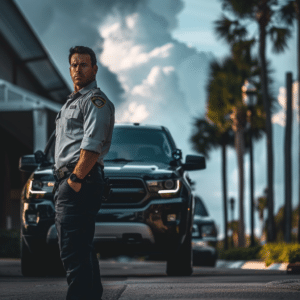
Sex Trafficking Cases in Miami
The state emphasizes training law enforcement and legal professionals to identify and assist sex trafficking victims. This training is crucial in ensuring that those on the front lines can recognize the signs of trafficking and take appropriate actions to protect victims and prosecute offenders.
Sex trafficking cases often involve not just the traffickers but also those who facilitate the exploitation, such as business owners who turn a blind eye to illegal activities. The legal landscape is intricate, requiring skilled legal professionals to navigate these cases effectively and ensure justice is served.
Forced Labor and Human Trafficking
Victims of forced labor endure harsh conditions, with traffickers using threats, violence, and manipulation to maintain control. The legal implications are severe, as forced labor is recognized as a serious human trafficking offense. The penalties can be substantial, reflecting the gravity of exploiting individuals for labor against their will.
Law enforcement agencies diligently work to identify and prosecute those involved in forced labor schemes. This collaborative effort is essential in dismantling trafficking networks and providing justice for the victims. Understanding the legal definitions and implications of forced labor is essential for anyone involved, whether as a defendant or an advocate.
Get Your FREE Case Review Today
Victim Advocacy in Human Trafficking Cases
Victim advocacy plays a pivotal role in supporting survivors of human trafficking through the legal process. Advocates offer essential services, such as educating survivors about their rights, ensuring their protection during court proceedings, and helping them navigate complex legal challenges. This support empowers survivors to rebuild their lives and seek justice.
Legal assistance for trafficking survivors often extends beyond criminal law, encompassing civil and immigration law as well. Advocates help survivors secure public benefits, such as healthcare, food assistance, and support for education or employment. Housing is also a primary concern, with many survivors needing safe and stable living environments.
Advocacy efforts aim to eliminate barriers that survivors face in accessing trauma-informed services essential for their recovery. Federal programs and resources, such as the National Human Trafficking Hotline, provide crucial support for advocates and survivors alike. These efforts are instrumental in ensuring that all survivors receive the help they need to overcome their traumatic experiences.
Confidential Consultation with a Miami Human Trafficking Lawyer
During a private meeting, clients can share their experiences and legal concerns, helping the lawyer to develop a tailored defense strategy. For forced labor survivors, legal assistance may include expunging criminal records from activities they were compelled to engage in during trafficking. This holistic approach ensures comprehensive legal support.
Many Miami human trafficking lawyers offer free consultation, providing an invaluable service to those facing serious charges. This initial step can make a significant difference in the outcome of a human trafficking case, providing clients with the knowledge and support they need to navigate the complex legal landscape effectively.
Frequently Asked Questions
What constitutes human trafficking under Florida law?
What are the penalties for human trafficking in Miami?
How do federal human trafficking laws differ from state laws?
What support is available for human trafficking victims in Miami?
Why is hiring a specialized human trafficking lawyer important?

Were You Injured In An Accident? Call now for a FREE Case Review
Can’t talk right now? Tell us about your accident using the form below.
Get Your FREE Case Review
On This Page
- Miami Human Trafficking Lawyer | Expert Legal Defense
- Key Takeaways
- Expert Miami Human Trafficking Lawyer
- Understanding Human Trafficking Charges
- Florida Human Trafficking Laws
- Penalties for Human Trafficking in Miami
- Federal Human Trafficking Charges
- Sex Trafficking Cases in Miami
- Forced Labor and Human Trafficking
- Victim Advocacy in Human Trafficking Cases
- Confidential Consultation with a Miami Human Trafficking Lawyer
- Frequently Asked Questions

